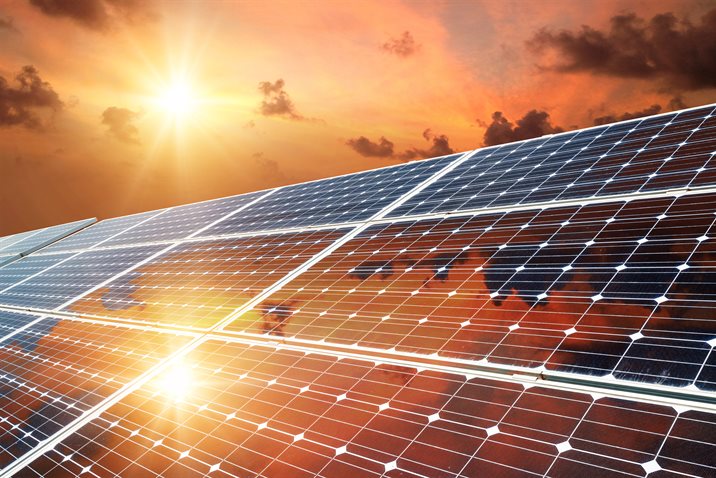Solar Energy, Modern Slavery and the Just Transition

Funder: British Academy Just Transitions within Sectors and Industries Globallyprogramme
Duration: November 2021-March 2022
Project Lead: James Cockayne
Co-Investigators: Edgar Rodríguez-Huerta, Oana Burcu
Programme: Law and Policy
About this project
This project considers how the solar energy sector can best address modern slavery risks. Around 40 per cent of the global supply of polysilicon – a critical component of solar panels – comes from Xinjiang Uyghur Autonomous Region, where it is reported to be made with state-sponsored forced labour. And between 15 and 30 per cent of the cobalt in lithium-ion batteries used widely to store solar energy, including in electric vehicles (EVs), comes from informal mines in Democratic Republic of Congo, where forced and child labour are common.
The project was funded by the British Academy’s Just Transitions within Sectors and Industries Globally programme. It produced a major research report, [Download here  ] 'The Energy of Freedom’?: Solar energy, modern slavery and the Just Transition, which warns that without a clear roadmap to transition to ‘slavery-free’ arrangements, the solar market may split into ‘slavery-free’ and ‘slave-made’ value-chains, raising costs, lengthening roll-out times and slowing decarbonization – without necessarily addressing the underlying drivers of modern slavery. The industry needs a global roadmap to move to a slavery-free footing, the report argues.
] 'The Energy of Freedom’?: Solar energy, modern slavery and the Just Transition, which warns that without a clear roadmap to transition to ‘slavery-free’ arrangements, the solar market may split into ‘slavery-free’ and ‘slave-made’ value-chains, raising costs, lengthening roll-out times and slowing decarbonization – without necessarily addressing the underlying drivers of modern slavery. The industry needs a global roadmap to move to a slavery-free footing, the report argues.
The report sets out a new method for estimating the forced labour risk in countries’ on-grid, photovoltaic (PV) solar energy production, along with ideas for international collaboration to combat that risk.
It takes its title from a comment in February 2022 by the German finance minister, Christian Lindner, who described renewables as ‘the energy of freedom,’ saying it could aid energy security in response to the war in Ukraine. But the researchers, who set out a new method of measuring the risk of slavery in individual countries along with a plan for international collaboration to combat it, warn that solar energy risks being seen not as ‘the energy of freedom’, but rather as a driver of modern slavery.
Download the full report here 
Download a short policy brief here 
Visit interactive country profiles estimating forced labour risks in the on-grid, PV production of the top 30 solar-energy producing countries in the world here
Download the press release here
Download our report:
The Energy of Freedom?: Solar Energy, Modern Slavery and the Just Transition (Full report)